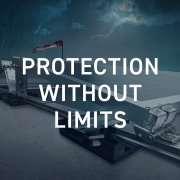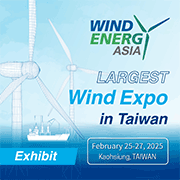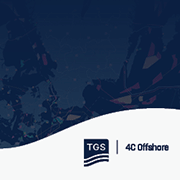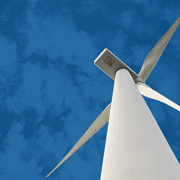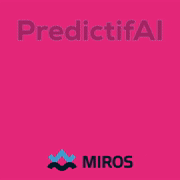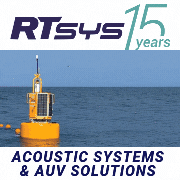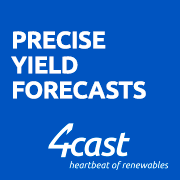Speakers at EPIA’s 3rd International Conference on Solar Photovoltaic Investments confirmed that, like all industries, the solar photovoltaic (PV) sector has not been spared by the credit crunch.
Medium to large scale PV plants are taking longer to be financed than ever before. They alsostressed that the fundamentals of the PV sector remain intact, if not better than before, considering the price decrease of PV modules between 10 % and 20% since the beginning of 2009.
{pagebreak}
Lack of finance availability temporary slows down activities
Given the current world uncertainties, all banks have strongly reduced their credit loans and the solar PV sector has not escaped the trend. Project financing thus appears as a challenge for the industry. While it required around 4 weeks to obtain debt financing in 2008, today it takes 8 to 10
weeks, on average.

The perceived risk is higher, so that fewer banks are engaged and they prefer smaller projects (less than 50 million euros). If the situation differs in all countries, PV pricing remains crucial. Companies being able to reduce their prices and technology leaders should be the most
successful. Experts also confirm that high-quality PV projects meeting all legal requirements, from the planning to the operating phase, will be financed.
“Financing is possible, but you need to be realistic” states Christian T. Junior from Commerzbank. Investors are very selective due to the low finance availability, but they still see PV as a fantastic sector to invest in, both in PV projects and PV companies. Utilities such as EWE also underline the huge potential PV represents for them and their willingness to engage more.
A reliable, calculable and low-risk investment
Given the government support programmes (mainly Feed-in Tariffs) providing investor security in the long-term and warranties from module manufacturers, solar PV represents a low-risk investment. PV is a proven technology with a module lifetime of 25 to 40 years whereas the economic payback time of the investment is generally between 8 to 12 years. PV is a secure, reliable and calculable investment over the years. With PV, we know how much energy we produce for at least 25 years, we know how much we receive from the Feed-in Tariff, so that we can forecast our revenues over 20-25 years. “Investing in a PV system is like buying a car with a tank which is always full” said Hubert Aulich from PV Crystalox Solar.
PV modules back on the learning curve
Due to the polysilicon shortage, PV has been above its historical learning curve1 over the last 3-4 years. Seeing a major increase in polysilicon production, average polysilicon prices have decreased significantly and are driving general costs down for silicon-based technologies. In addition, the industry unanimously recognised the module oversupply situation in today’s PV market. As a result, module prices have dropped by 10% to 20% since the beginning of the year and this is very good news for the PV sector in general. We can consider that “PV technology is now back on its learning curve”, said Dr. Winfried Hoffmann, EPIA President.
A strong commitment from the industry
 The PV industry hopes finance availability will improve in the coming months. In any case, PV fundamentals remain strong and the industry is committed to accelerating price decrease and expects further penetration of the existing PV markets and an accelerated market development in new and emerging PV markets. In this context, the European PV industry has unanimously agreed that photovoltaic energy could provide up to 12% of European electricity demand by 2020 and is strongly committed to becoming a significant energy supplier in Europe. “Through this commitment and under the right framework conditions, we are able to reduce PV generation costs by 8% every year. This represents a decrease of 50% every 8 years – a sexy promise for investors” concludes Hoffmann.
The PV industry hopes finance availability will improve in the coming months. In any case, PV fundamentals remain strong and the industry is committed to accelerating price decrease and expects further penetration of the existing PV markets and an accelerated market development in new and emerging PV markets. In this context, the European PV industry has unanimously agreed that photovoltaic energy could provide up to 12% of European electricity demand by 2020 and is strongly committed to becoming a significant energy supplier in Europe. “Through this commitment and under the right framework conditions, we are able to reduce PV generation costs by 8% every year. This represents a decrease of 50% every 8 years – a sexy promise for investors” concludes Hoffmann.
Organised in partnership with the Deutsche Börse Group, this 2-day conference gathered together investors and potential business partners in the financial city of Frankfurt on 7-8 April 2009. The event also provided great networking opportunities.
Note to editors
With more than 200 Members drawn from across the entire solar electricity sector, the European Photovoltaic Industry Association is the world’s largest photovoltaic industry association and represents about 95% of the European photovoltaic industry. EPIA members are present throughout the whole valuechain: from silicon, cells and module production to systems development. EPIA’s mission is to deliver a distinct and valuable service driven from the strength of a single photovoltaic voice.
For more information:
Sophie Lenoir – Media Relations. Tel: +32 (0)2 400 10 54. E-mail: s.lenoir@epia.org



